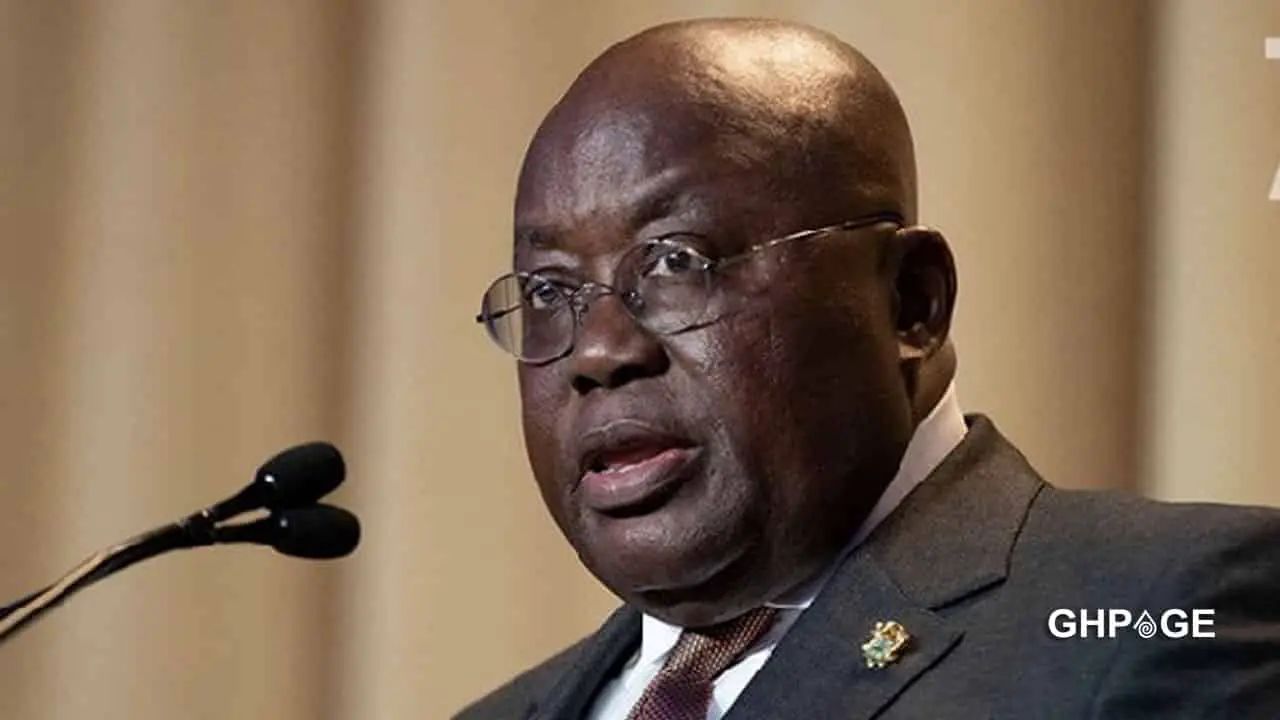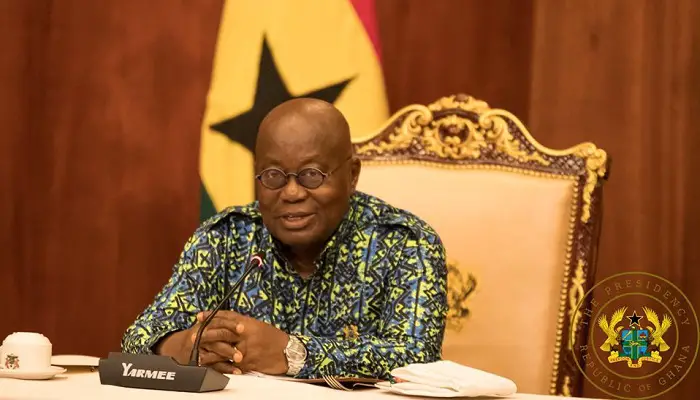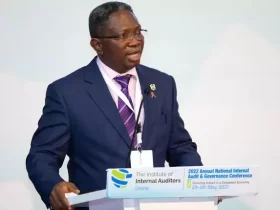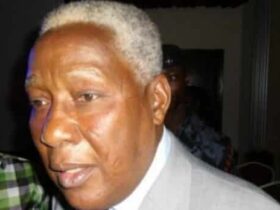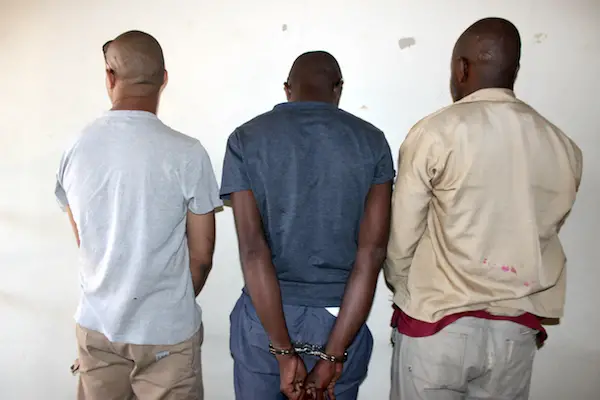The Ghanaian government has filed for bankruptcy after failing to pay billions of dollars it owed to international creditors in December.
According to a report by The New York Times, President Nana Akufo-Addo’s administration “had no choice but to agree to a $3 billion loan from the lender of last resort, the International Monetary Fund,” which helped to explain Ghana’s financial crisis, in which government organisations owed billions to contractors and were in serious debt.
The media outlet noted that the financial crisis has had far-reaching effects, with many contractors laying off workers, exacerbating the country’s unemployment problem.
Emmanuel Cherry, the chief executive of an association of Ghanaian construction companies, recently disclosed that government back payments to contractors amounted to a staggering 15 billion cedis, or roughly $1.3 billion, before interest.
The reports also disclosed that the Ghanaian government owes independent power producers $1.58 billion and is in danger of experiencing widespread blackouts.
“The government is essentially bankrupt. It was the 17th time Ghana has been compelled to turn to the fund since it gained independence in 1957. This latest crisis was partly prompted by the havoc of the coronavirus pandemic, Russia’s invasion of Ukraine, and higher food and fuel prices,” the report read in parts.
The IMF presented a comprehensive rescue plan to address Ghana’s debt, reining spending, increasing revenue, and protecting the most vulnerable populations while negotiating with foreign creditors.
The issue would be a significant topic of discussion at the upcoming United Nations General Assembly. The growing debt load for developing nations, estimated to exceed $200 billion, would also be another major topic of discussion.
The report noted that the recent IMF loan helped stabilise the economy by reducing currency swings and boosting confidence. Even with inflation still around 40%, it has decreased from its peak of 54% in January.
In May, Ghana’s president relayed that the $3 billion (£2.4 billion) IMF bailout would not instantly solve the nation’s economic problems.
IMF’s program addresses important concerns, but Tsidi Tsikata, a senior fellow at the African Center for Economic Transformation in Accra, who was quoted in the study, questioned if Ghana would be able to avoid experiencing similar financial difficulties.
Source : Business Insider






